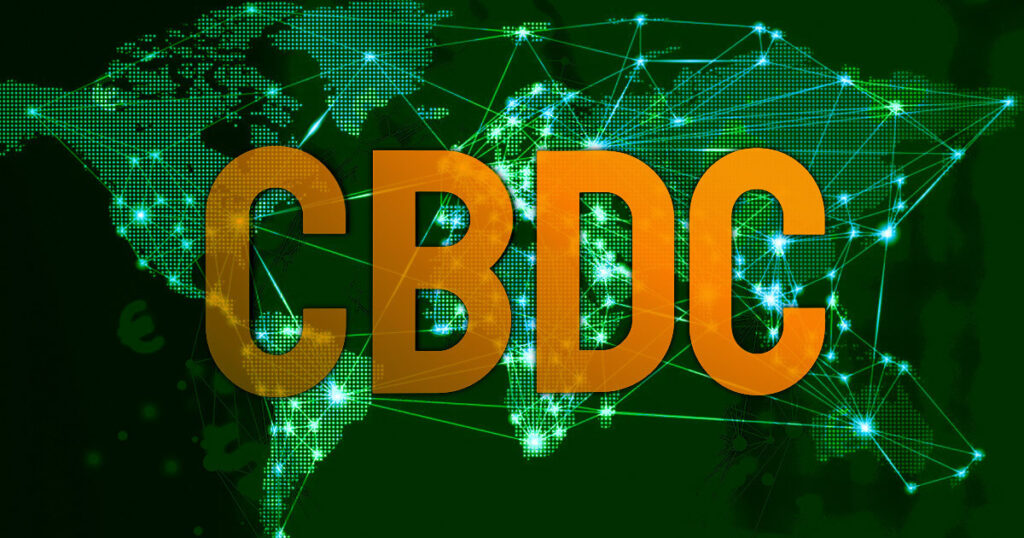So said Republican presidential nominee Ron DeSantis July 4 that he will immediately block central bank digital currency (CBDC) if elected president.
DeSantis said in an interview with Blaze Media:
“If I am the president, on day one we will ignore central bank digital currencies – done, dead, not happening in this country… [a] CBDC is a huge threat to American freedom, [and] on January 20, 2025, it will be the axis of history.”
According to DeSantis, the Federal Reserve plans to consult the legislative and executive branches of the US government and “ideally” pass a law authorizing a CBDC.
Those comments reference a 2022 report in which the Federal Reserve made statements that matched DeSantis’s description. However, that report also noted that the Federal Reserve has no intention of promoting any specific policy; it also said the Federal Reserve “takes no position on the ultimate desirability” of a central bank digital currency. The Federal Reserve’s FAQ page currently states that it has not yet decided to create a CBDC.
DeSantis nevertheless believes that state-level restrictions will prevent the Federal Reserve from enacting a CBDC and provoke lawsuits if they attempt to do so.
DeSantis noted that Florida, where he serves as governor, has already banned CBDCs, meaning the state will not recognize any CBDC as currency. Florida introduced its ban on CBDCs in May, and DeSantis expects other states to do the same.
DeSantis resolves WEF concerns
DeSantis also raised concerns about the World Economic Forum (WEF), stating that the group plans for governments to eliminate and cash in on cryptocurrencies, blocking “undesired purchases” such as fuel and ammunition through the use of CBDCs.
That comment references statements made by Professor Eswar Prasad of Cornell University at a WEF event in June. There, Prasad expressed mixed feelings and said that CBDCs could produce a “potentially better, or some people might say, a darker world”; he also cited pornography alongside ammunition and drugs as purchases that could potentially be banned through CBDCs. Prasad has no position within the WEF.
Despite DeSantis’ inaccurate claims, many countries in the process of introducing CBDCs are describing restrictions on illicit purchases and transaction tracking — measures that are already being applied to financial transactions.
This restrictive approach is one that proponents of decentralization argue goes against the values that underpin Bitcoin and other public cryptocurrencies.
Post-US Presidential Candidate Ron DeSantis Says He Will “Ignore” CBDCs in Election first appeared on CryptoSlate.

